What it's really like living with ulcerative colitis
Life with UC has its struggles—and also its triumphs. Here's one patient's story.
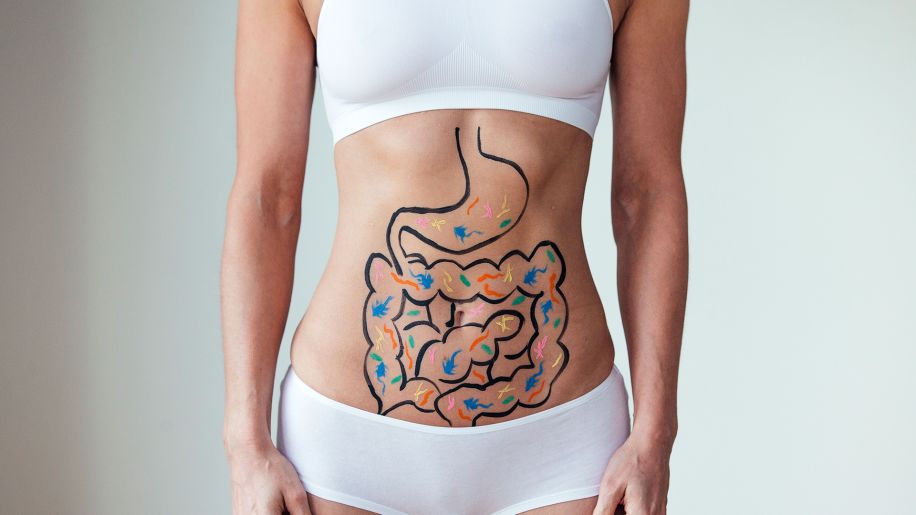
When I was 14 years old, my family physician demanded the gastroenterologist next door see me as soon as possible. I had been experiencing bloody diarrhea, lack of appetite, insane weight loss and low energy. One sigmoidoscopy and colonoscopy later, the diagnosis was in: I had ulcerative colitis (UC), a kind of inflammatory bowel disease (IBD).
The two types of IBD—Crohn'… Show More
When I was 14 years old, my family physician demanded the gastroenterologist next door see me as soon as possible. I had been experiencing bloody diarrhea, lack of appetite, insane weight loss and low energy. One sigmoidoscopy and colonoscopy later, the diagnosis was in: I had ulcerative colitis (UC), a kind of inflammatory bowel disease (IBD).
The two types of IBD—Crohn's disease and UC—are gastrointestinal (GI) disorders affecting various parts of the digestive tract. Ulcerative colitis resides in the colon (large intestine), and up to 900,000 Americans are thought to have it. I was found to have it early; most people are diagnosed between 15 and 30. There is no known cure for UC, though surgery to remove the colon is an option for patients with severe cases that have not responded to other forms of treatment. UC is also a risk factor for colon cancer, so we look for signs during my tri-yearly colonoscopies to check on my remission.
I knew nothing about UC when I was diagnosed, so I've spent a lot of time learning about it since then—the facts, treatment options and tricks to live with my disease. I've shared my own story of struggle and triumph with rooms full of people. I've had others approach me, asking if I would talk to their loved one who's struggling. I've built an exceptional life for myself with UC over the last 17 years.
Still, there will always exist the behind-the-scenes reality of what life with IBD can look like. Here's a quick glimpse.
Show Less
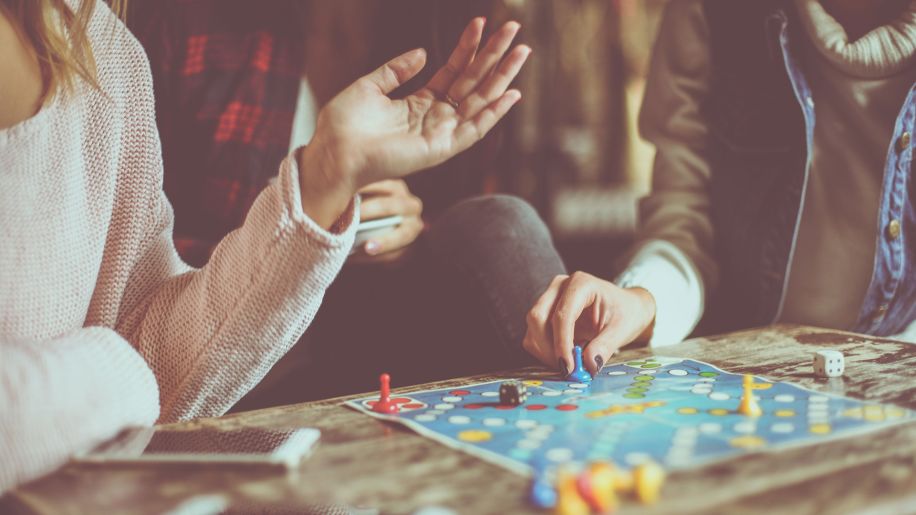
It's on my mind at some point every single day
Most social plans, weekend getaways, vacations or even just trips to the grocery store are plotted with my gut's needs in mind, however big or small. Do I feel held back from living a regular life? On bad days, maybe a little—but UC is just one part of who I am, and just one thing that influences… Show More
Most social plans, weekend getaways, vacations or even just trips to the grocery store are plotted with my gut's needs in mind, however big or small. Do I feel held back from living a regular life? On bad days, maybe a little—but UC is just one part of who I am, and just one thing that influences my life choices. It's not the whole picture.
Tip: If your IBD is flaring and keeping you from enjoying your regular activities, bring the activities to you! Have a night in with friends you feel comfortable with and designate a bathroom that's just yours to use.
Show Less
Daily stomach pain is not an exaggeration
There is a point every day when my stomach hurts. The pain can range from a dull pang to a curl-up-into-a-ball stabbing feeling. It can come after eating certain foods, experiencing stress, going for a run or just because. The good thing is, I can make time for it now that I have a sense of when to… Show More
There is a point every day when my stomach hurts. The pain can range from a dull pang to a curl-up-into-a-ball stabbing feeling. It can come after eating certain foods, experiencing stress, going for a run or just because. The good thing is, I can make time for it now that I have a sense of when to expect it and what triggers it.
Tip: If you get hit during a work meeting, excuse yourself and breathe slowly from your belly. If leaving doesn't feel like an option, clench your fists under the table—seriously! For me, this helps direct the sensation into my palm and away from the stomach cramping.
Show Less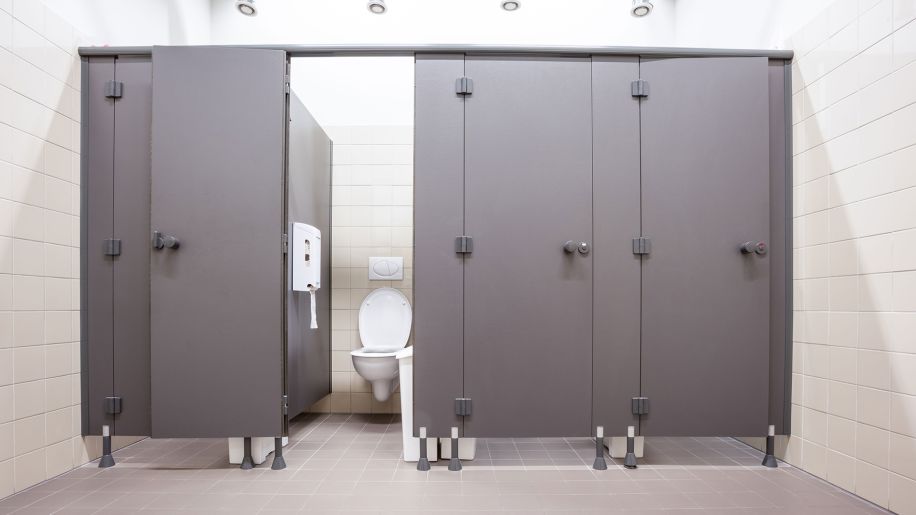
Yes, I probably know where the nearest toilet is
Whenever I leave my house, I scan and make a note of where the bathrooms are. This doesn't mean it's always an emergency; it usually means I'm easing nerves that in turn will relax my body from the stress of anticipation.
Tip: If you're worried about being prepared, always pack your own toilet… Show More
Whenever I leave my house, I scan and make a note of where the bathrooms are. This doesn't mean it's always an emergency; it usually means I'm easing nerves that in turn will relax my body from the stress of anticipation.
Tip: If you're worried about being prepared, always pack your own toilet paper and have an exit strategy. While it might not be an ideal option, if you're doing something outdoors without immediate bathroom access—like a run, a hike or camping—seek out a dark, inconspicuous area to go. It's something many of my friends, including myself, have had to do. Trust me.
Show Less
The bloating is real and it affects my self-esteem
This symptom does make me feel self-conscious about my stomach. If I'm too stressed, I bloat. If I'm constipated, I bloat. If I go too long without eating, then eat a large meal—guess what? It's often a roadblock to strengthening my middle as a runner, because too much abdominal work can hurt. I… Show More
This symptom does make me feel self-conscious about my stomach. If I'm too stressed, I bloat. If I'm constipated, I bloat. If I go too long without eating, then eat a large meal—guess what? It's often a roadblock to strengthening my middle as a runner, because too much abdominal work can hurt. I work to find outfits that hide it when it's bad. Call it vanity or call it comfort—it's probably a blend of both.
Tip: If you're having a bad bloat day, reach for those black stretchy pants! I have two pairs that can act as work-casual wear when pants with buttons aren't an option.
Show Less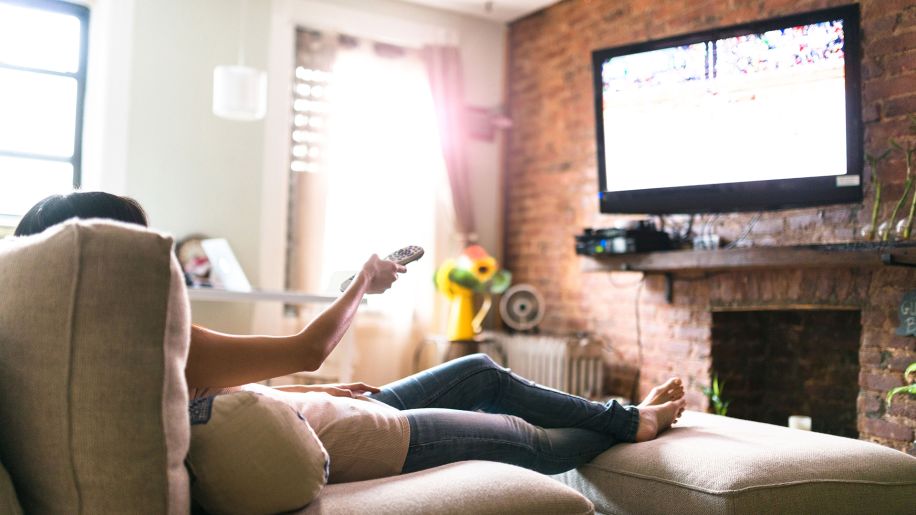
Buffer days are key
A "buffer day" is a day that you don't do anything but recharge, and it usually falls after or in between social events. I often view having UC (or really any autoimmune disease) as a beat-up car that's working hard to keep up with the newer models. Eventually, the old car is going to break down… Show More
A "buffer day" is a day that you don't do anything but recharge, and it usually falls after or in between social events. I often view having UC (or really any autoimmune disease) as a beat-up car that's working hard to keep up with the newer models. Eventually, the old car is going to break down and need repairs. So I make it a point to insert those "repairs" into my regular routine.
Tip: If you're over-committed, don't be afraid to reschedule!
Show Less
Dating with IBD can be emotionally exhausting
When do I tell him I have ulcerative colitis? Will he think it's gross? Will he even know what it is? He only has one bathroom in his house. Ah, the thoughts of a fresh relationship. When you're trying to create an intimate connection, gastrointestinal issues are the last thing you want to address.… Show More
When do I tell him I have ulcerative colitis? Will he think it's gross? Will he even know what it is? He only has one bathroom in his house. Ah, the thoughts of a fresh relationship. When you're trying to create an intimate connection, gastrointestinal issues are the last thing you want to address. But when it's your reality, someone who is worthy of your heart will go above and beyond to make you feel comfortable.
Tip: If you haven't told him or her yet, go for it! Rip the bandage off and trust he or she will understand—and probably do their own research if they don't!
Show Less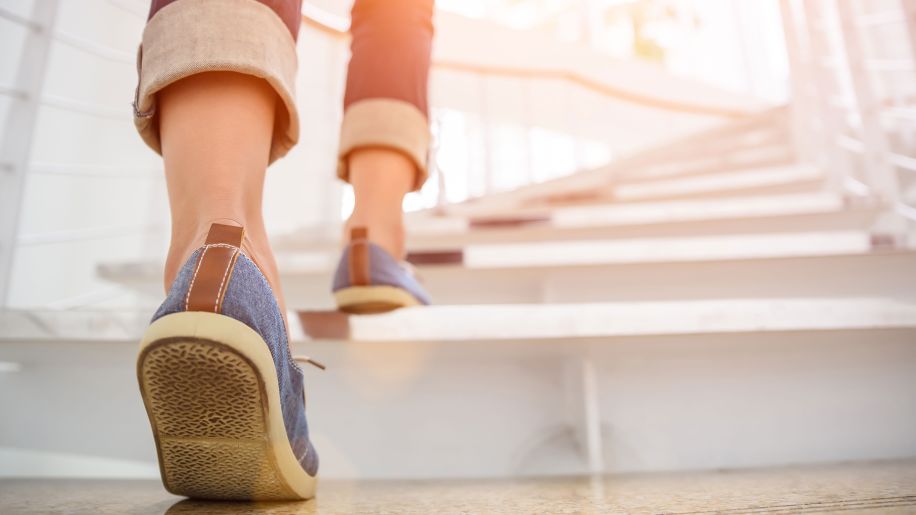
I pass a lot of gas
My fiancé and I have an ongoing joke—whenever I pass gas, he smiles and says, "It's OK, it makes your tummy feel better." All jokes aside, it is true: if I hold it in, it can be extremely painful and lead to cramping and other intestinal distress. Out of any UC symptoms, this one is probably one of… Show More
My fiancé and I have an ongoing joke—whenever I pass gas, he smiles and says, "It's OK, it makes your tummy feel better." All jokes aside, it is true: if I hold it in, it can be extremely painful and lead to cramping and other intestinal distress. Out of any UC symptoms, this one is probably one of the more embarrassing ones, especially when you literally cannot help the urge during the regular work week.
Tip: If you're concerned about the urge to pass gas, take frequent breaks and go for a walk, or plan ahead for meetings where it might be uncomfortable to leave. I always try to use the bathroom before meetings and take walk breaks after them. Also, be mindful of which foods aggravate this symptom and avoid them before events where you might not have the privacy to relieve symptoms.
Show LessFeatured Content

article
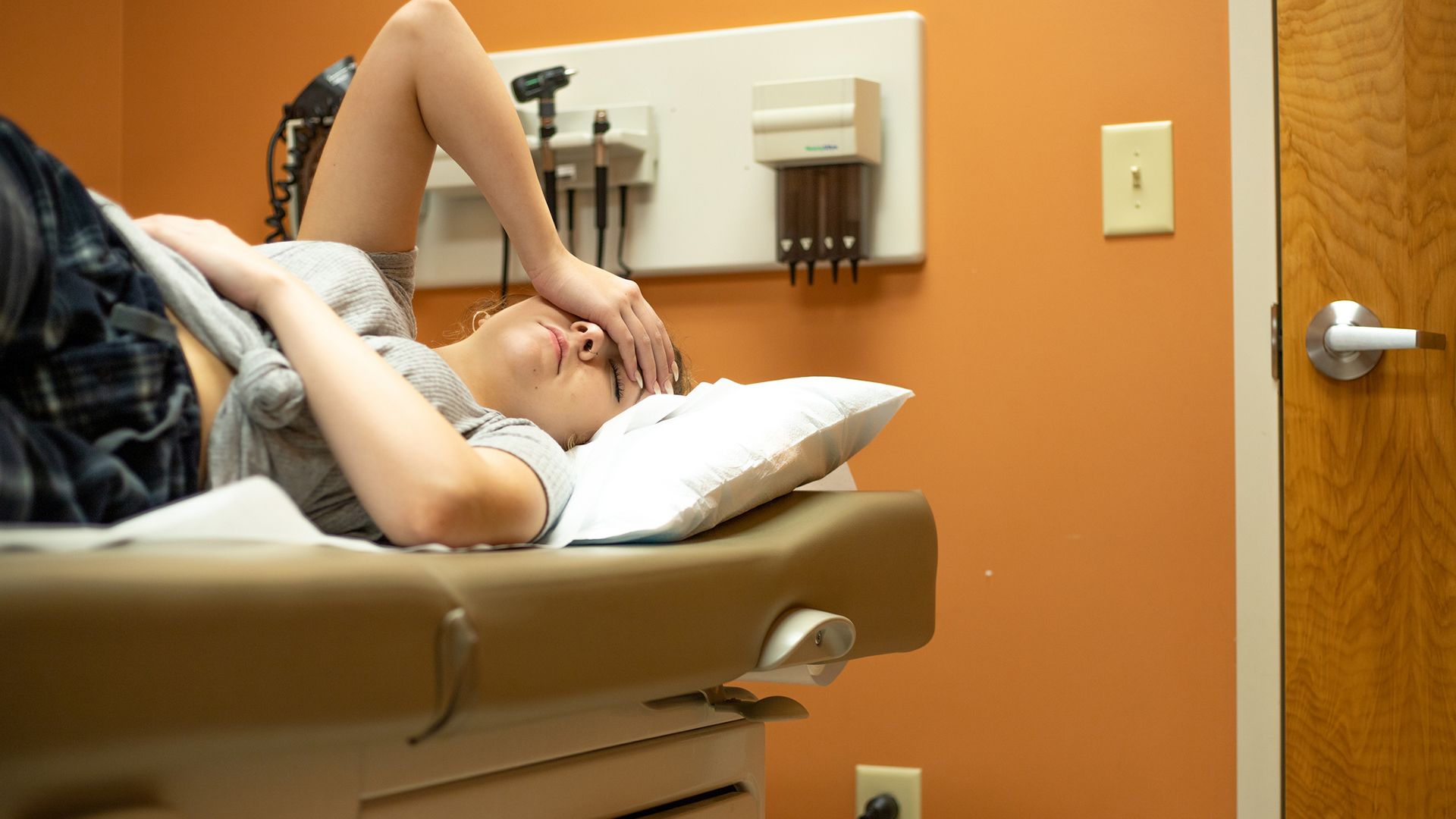
article
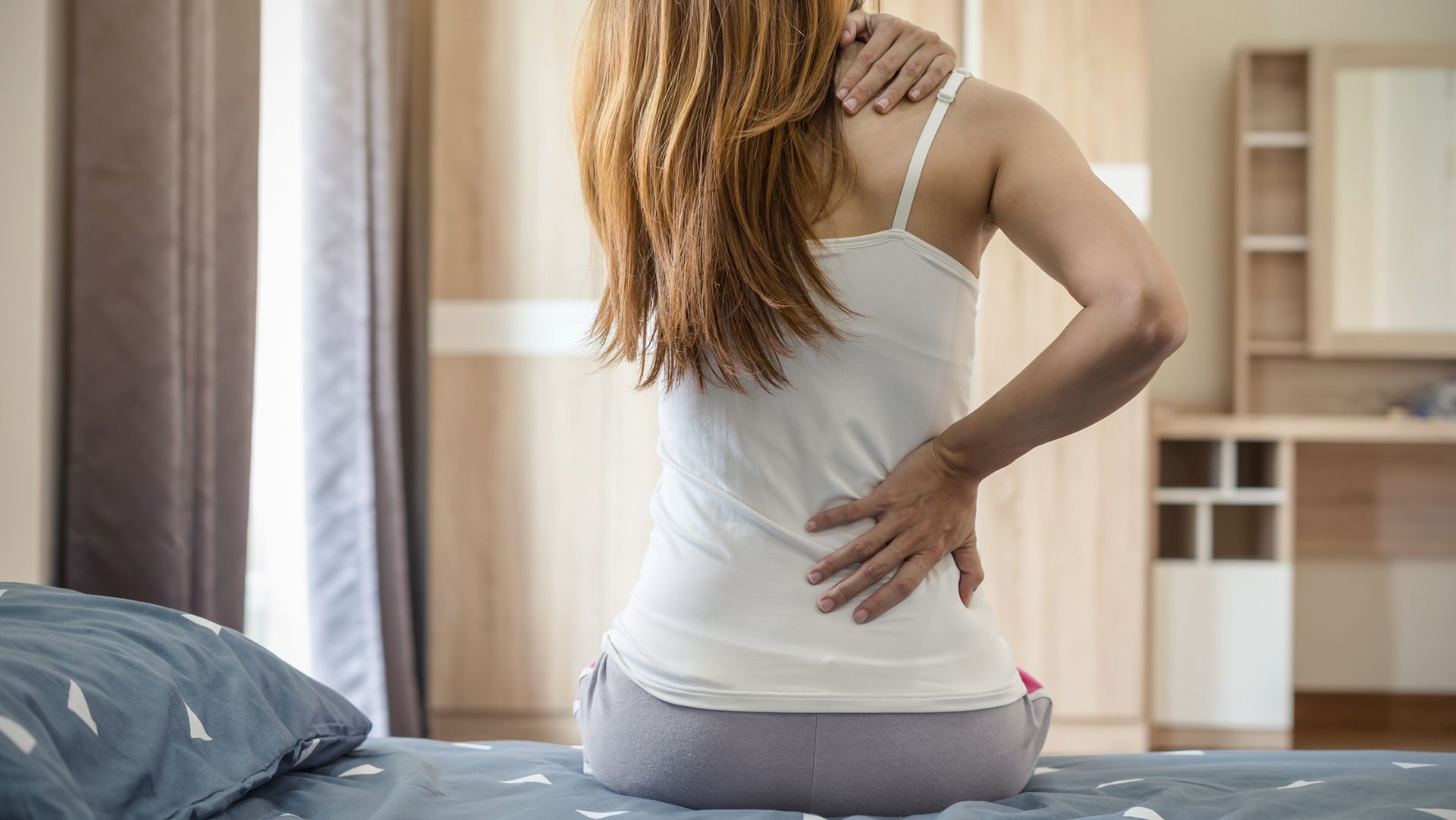
article

slideshow
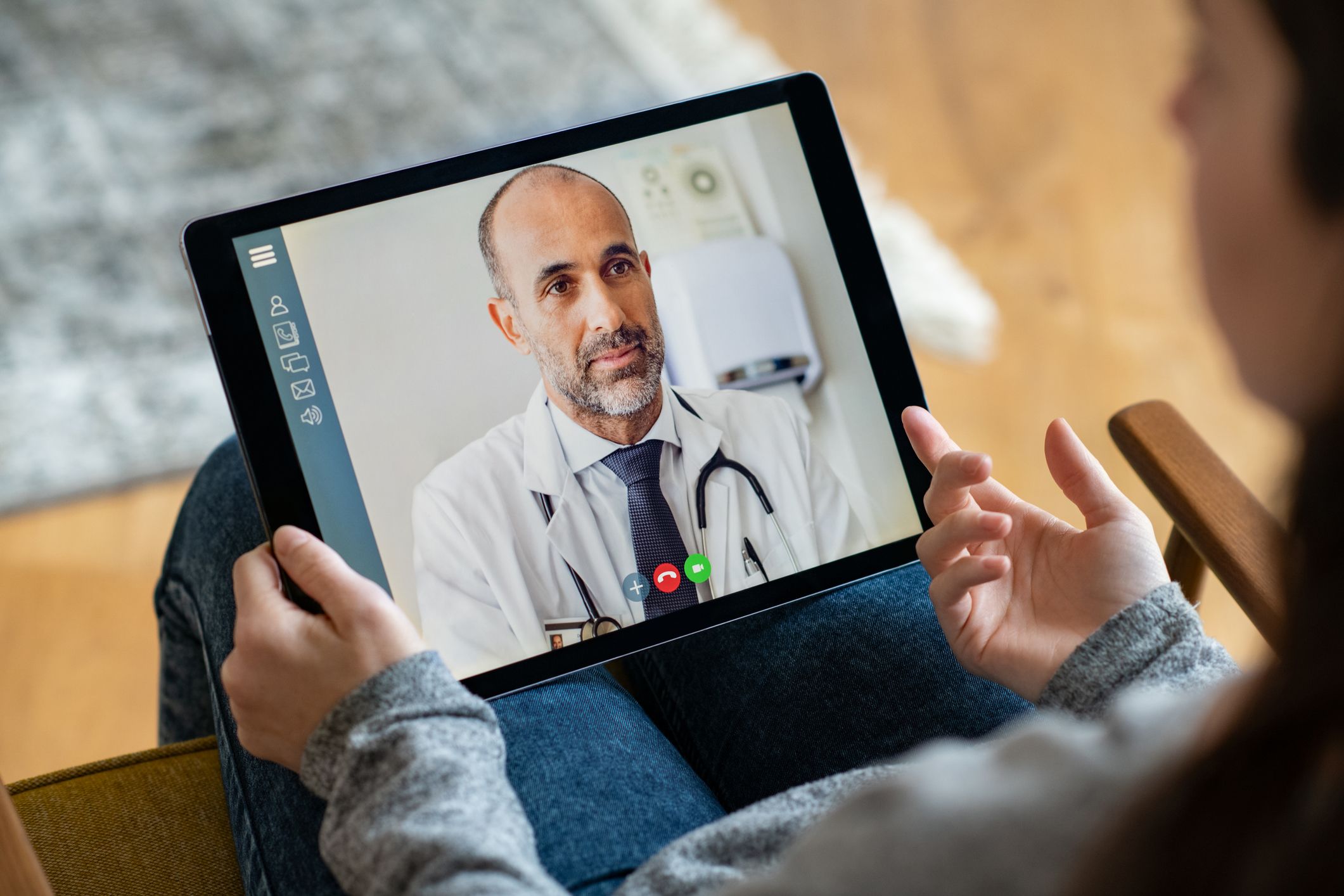
article
